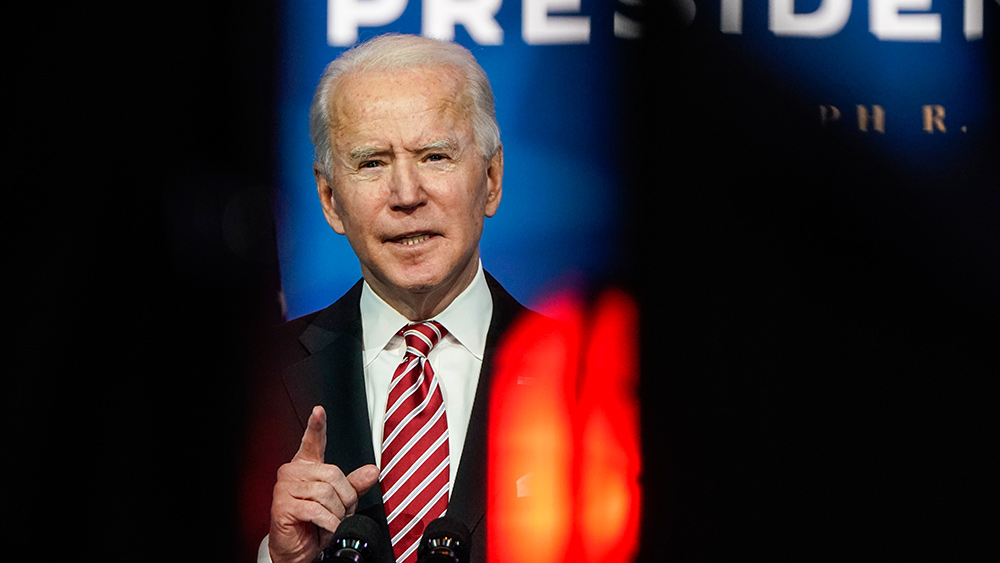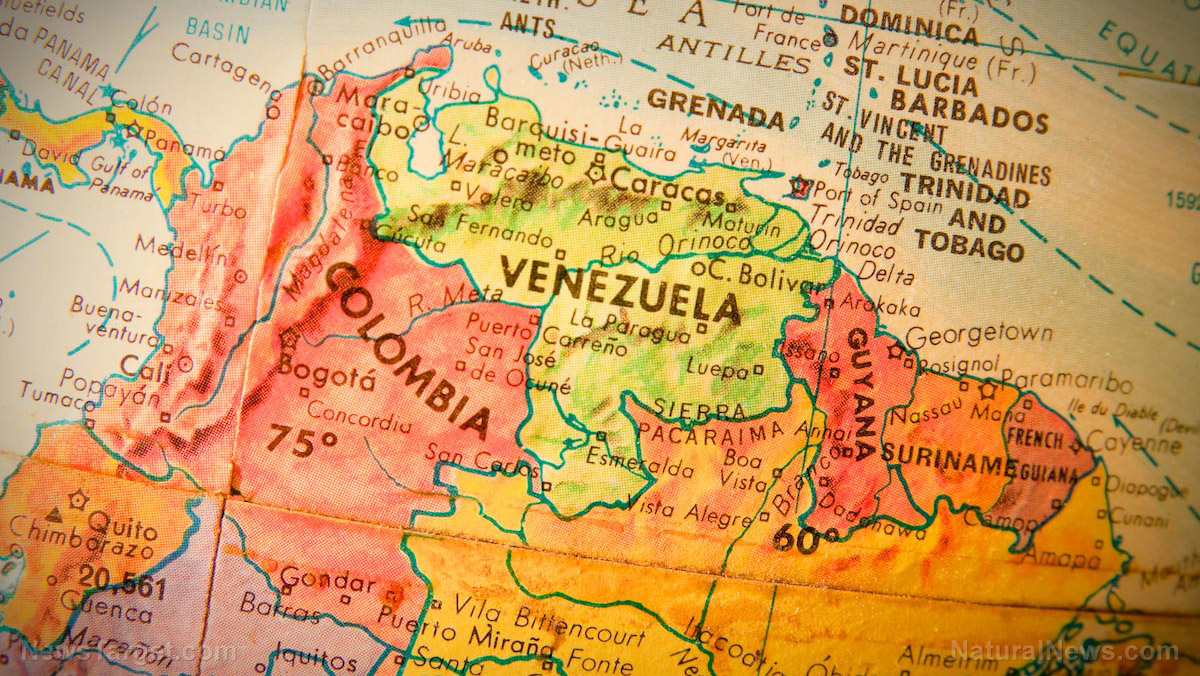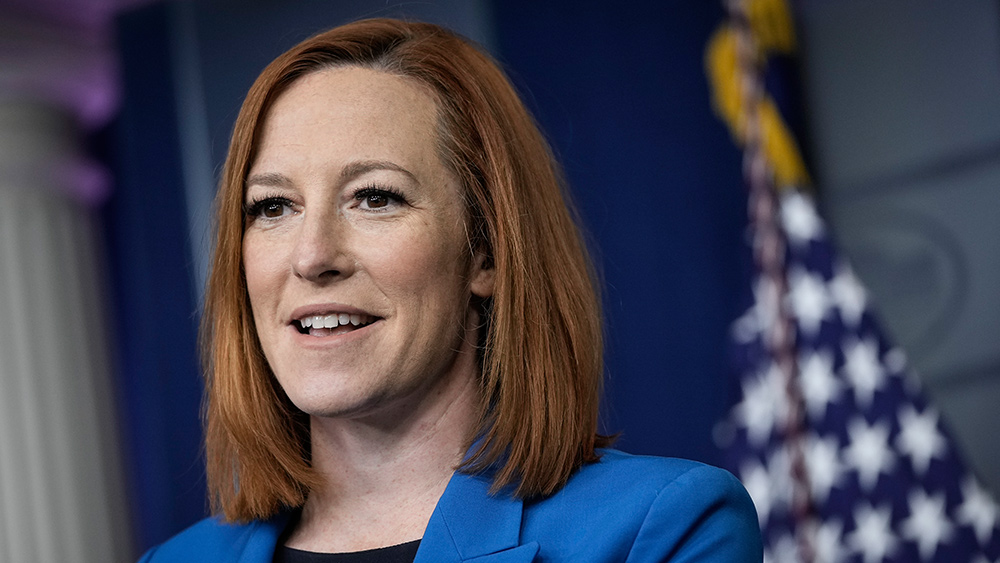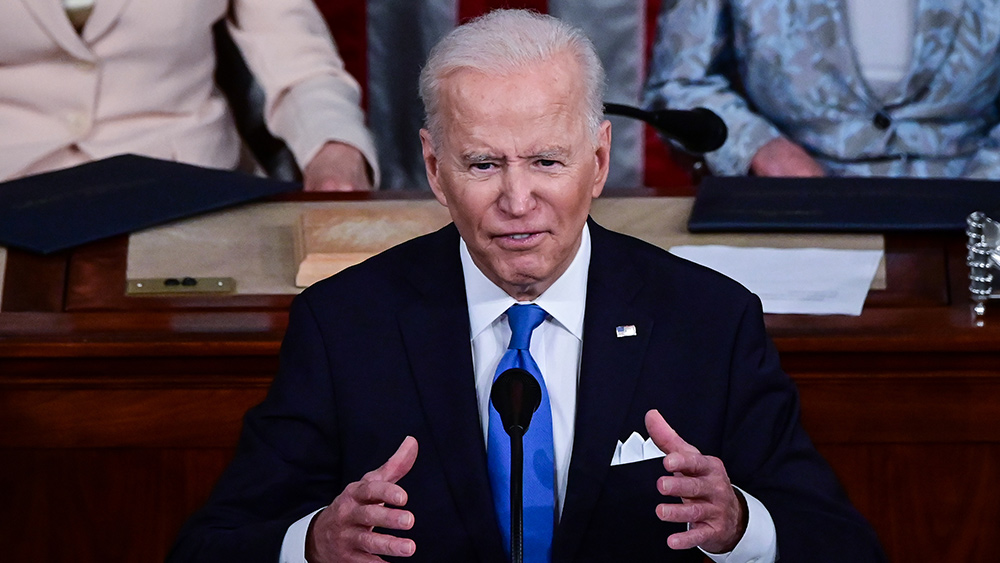VULNERABLE: Entire Federal Reserve payment system crashed due to “operational error”
03/01/2021 / By Ethan Huff
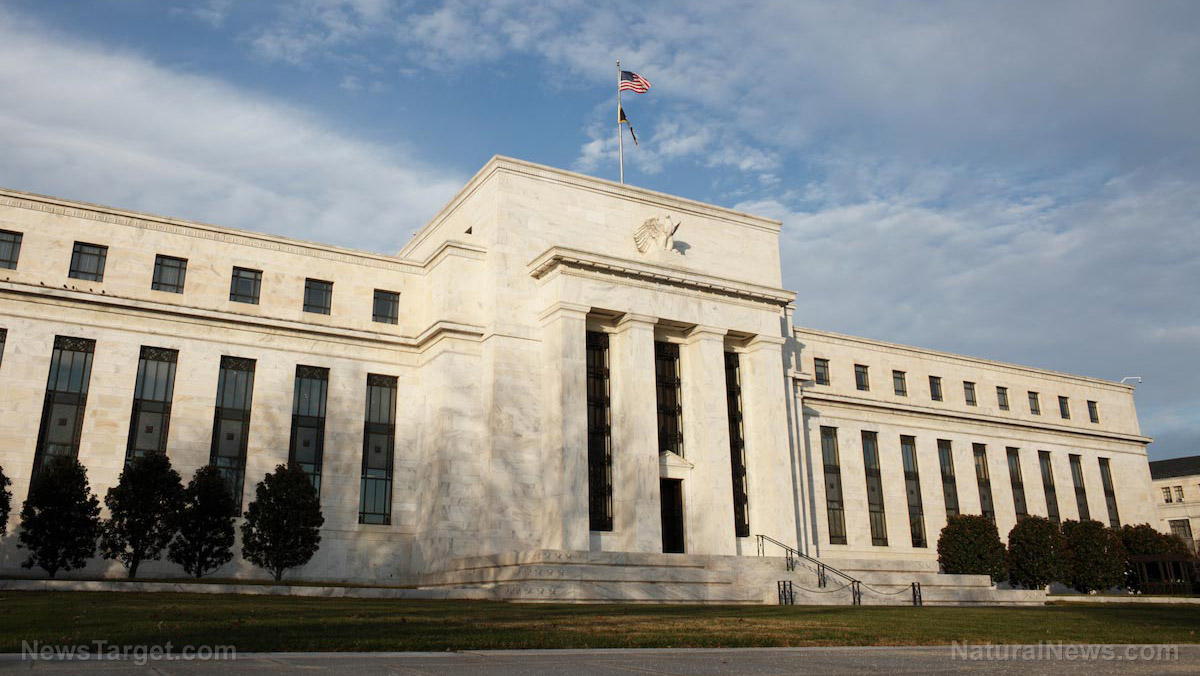
The nation’s financial system came to a halt the other day after the Federal Reserve’s payment platform suffered a more than three-hour outage.
Used to execute more than $3 trillion in daily transactions, the system experienced an “operational error” that left banks and other financial institutions with no way to transact paychecks, tax refunds or bill payments.
All Federal Reserve settlement services – the backbone of the U.S. banking and financial sector – were disrupted by the outage. These include Fedwire and FedACH. It is unclear how the outage affected consumer banking services.
“A Federal Reserve operational error resulted in disruption of service in several business lines,” a spokesman from the private money-changing group is quoted as saying.
“We have restored services and communicated with all Federal Reserve Financial Services customers about the status of operations.”
Fedwire handles large transfers between banks. Last year, it processed 184 million of them totaling more than $840 trillion. FedACH handles smaller transactions such as paychecks, tax refunds and utility bill payments.
The National Settlement Service (NSS), used by depository institutions with Federal Reserve Bank master accounts, were also affected by the outage, as was every other transaction service maintained by the Federal Reserve.
“The Federal Reserve Bank staff is currently investigating a possible issue or disruption to multiple services,” reads a message sent to staff the day of the outage. An update about a half-hour later acknowledged that further updates would be provided once they became available.
“We acknowledge that payment deadlines are impacted and will communicate remediation efforts to our customers when available,” the notice further explained. “Thank you for your patience while we work to resolve the issue.”
When the Great Reset comes, the Federal Reserve will be no more
About an hour after that, the Federal Reserve announced that an “operational error” was to blame for the system-wide failure. Within minutes, several applications for the central bank came back online.
Another half-hour after that, Fedwire resumed processing transactions, and 10 minutes later FedACH did the same.
“The Federal Reserve Banks have taken steps to help ensure the resilience of the Fedwire and NSS applications, including recovery to the point of failure,” the central bank added in another update.
Because of the delay, the Fed agreed to extend the settlement deadlines affected by the outage. This was done to help clear the backlog of transactions that piled up while everything was offline.
It was unclear, however, whether or not the disruption affected bill payments or paycheck deposits for consumers.
The timing of the outage is suspect as financial heads all around the world talk about a “great reset” that is soon to come. In order to bring about this reset, the powers that be are planning to collapse the old financial system, Federal Reserve included, in order to replace it with a new world order.
This great deception will involve the controlled demolition of all private central banks, which are to be replaced with a global currency system unlike anything that currently exists.
This was the focus of the recent World Economic Forum (WEF) “twin summit,” which took place in January. There, global “elites” discussed how the “Great Reset” is desperately needed to create “a more fair, sustainable and resilient future.”
“It requires a new social contract centered on human dignity, social justice and where societal progress does not fall behind economic development,” the WEF says. “The global health crisis has laid bare longstanding ruptures in our economies and societies, and created a social crisis that urgently requires decent, meaningful jobs.”
More of the latest news about the rickety financial system can be found at Collapse.news.
Sources for this article include:
Tagged Under: banks, bill payments, chaos, Collapse, crash, Federal Reserve, financial system, great reset, new world order, operational error, paychecks, risk, tax refunds, transactions
RECENT NEWS & ARTICLES
COPYRIGHT © 2018 GOVERNMENTDEBT.NEWS
All content posted on this site is protected under Free Speech. GovernmentDebt.news is not responsible for content written by contributing authors. The information on this site is provided for educational and entertainment purposes only. It is not intended as a substitute for professional advice of any kind. GovernmentDebt.news assumes no responsibility for the use or misuse of this material. All trademarks, registered trademarks and service marks mentioned on this site are the property of their respective owners.

